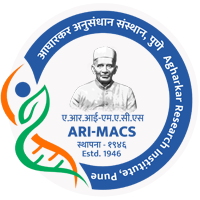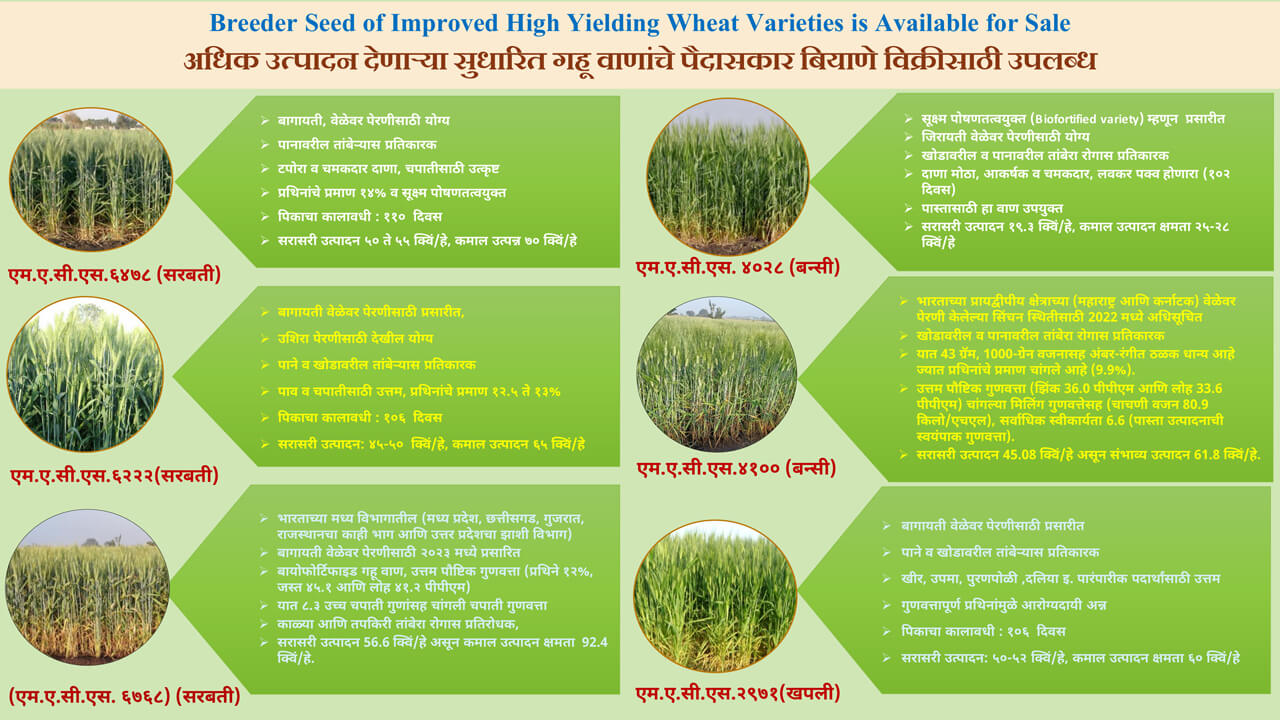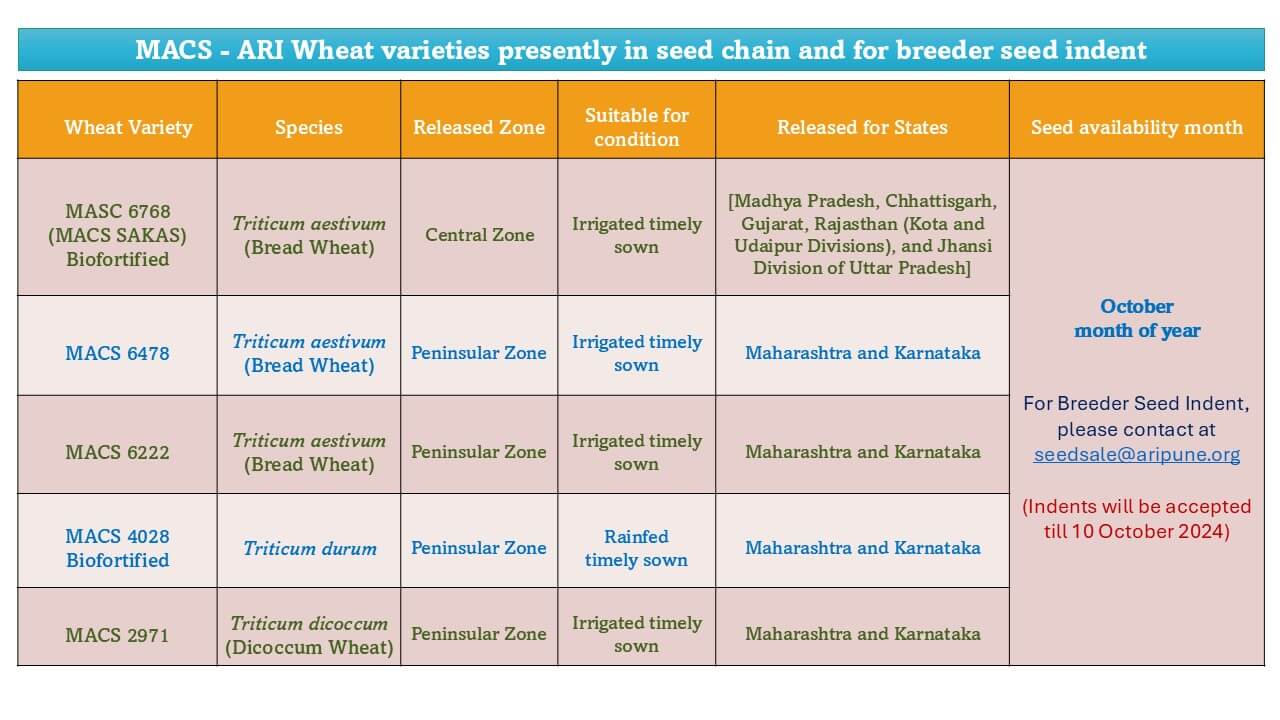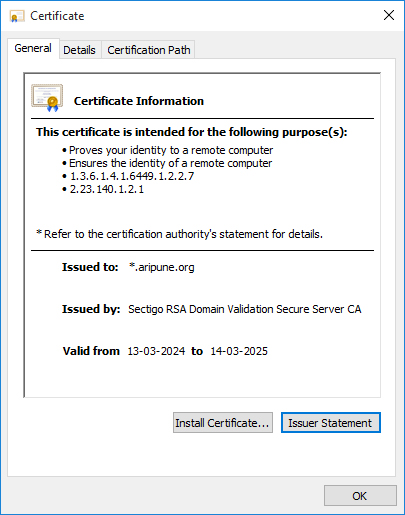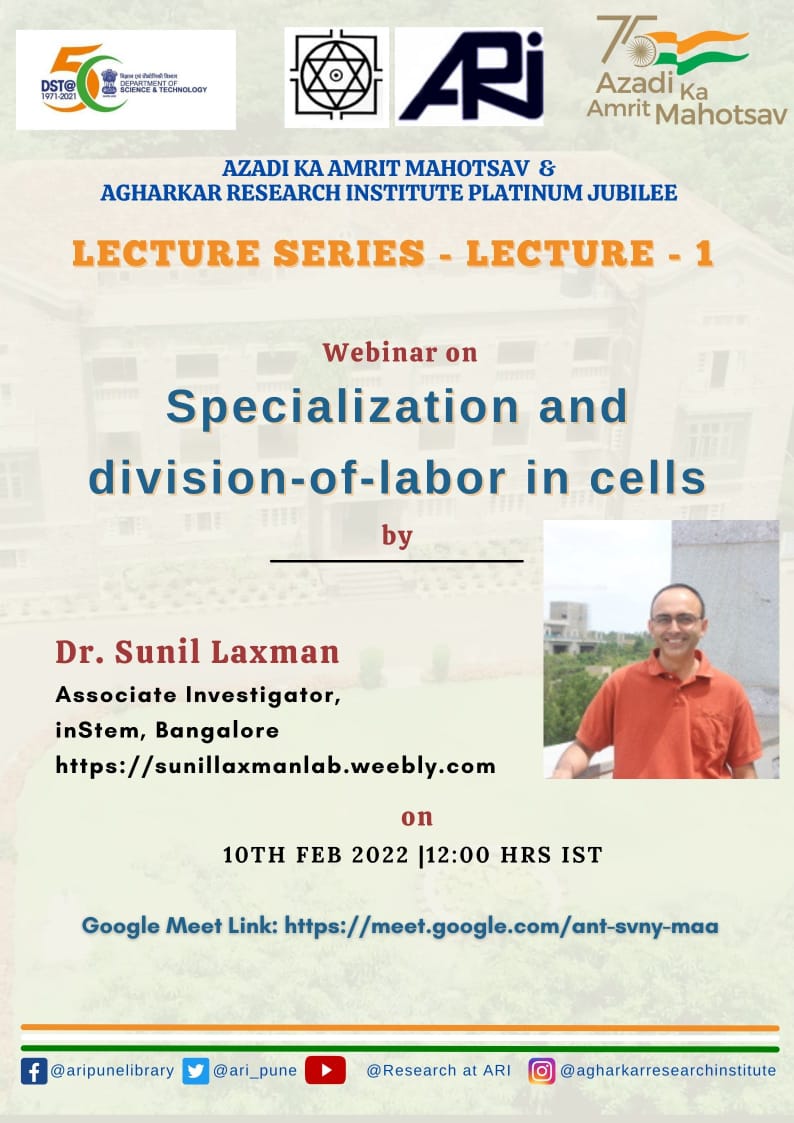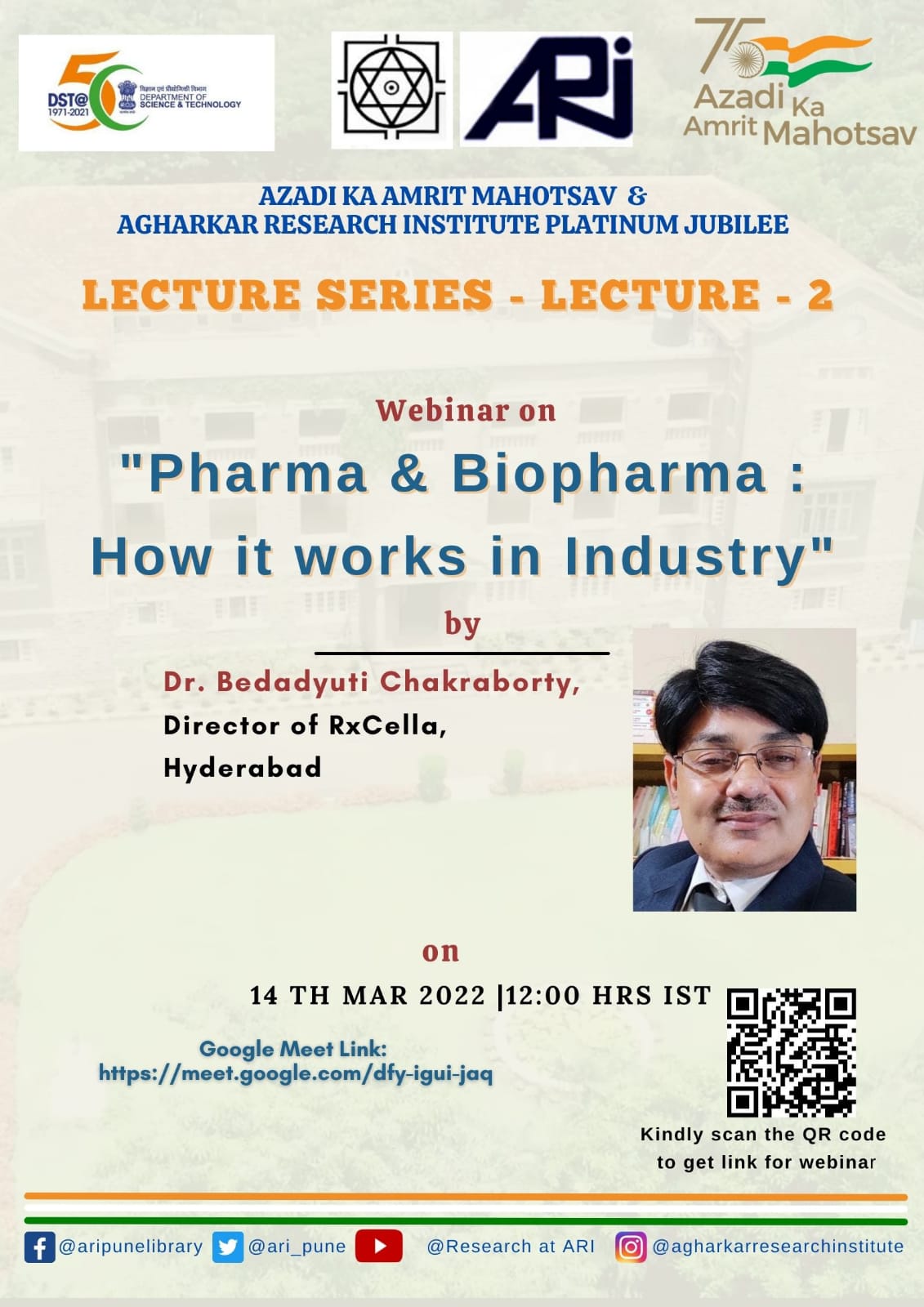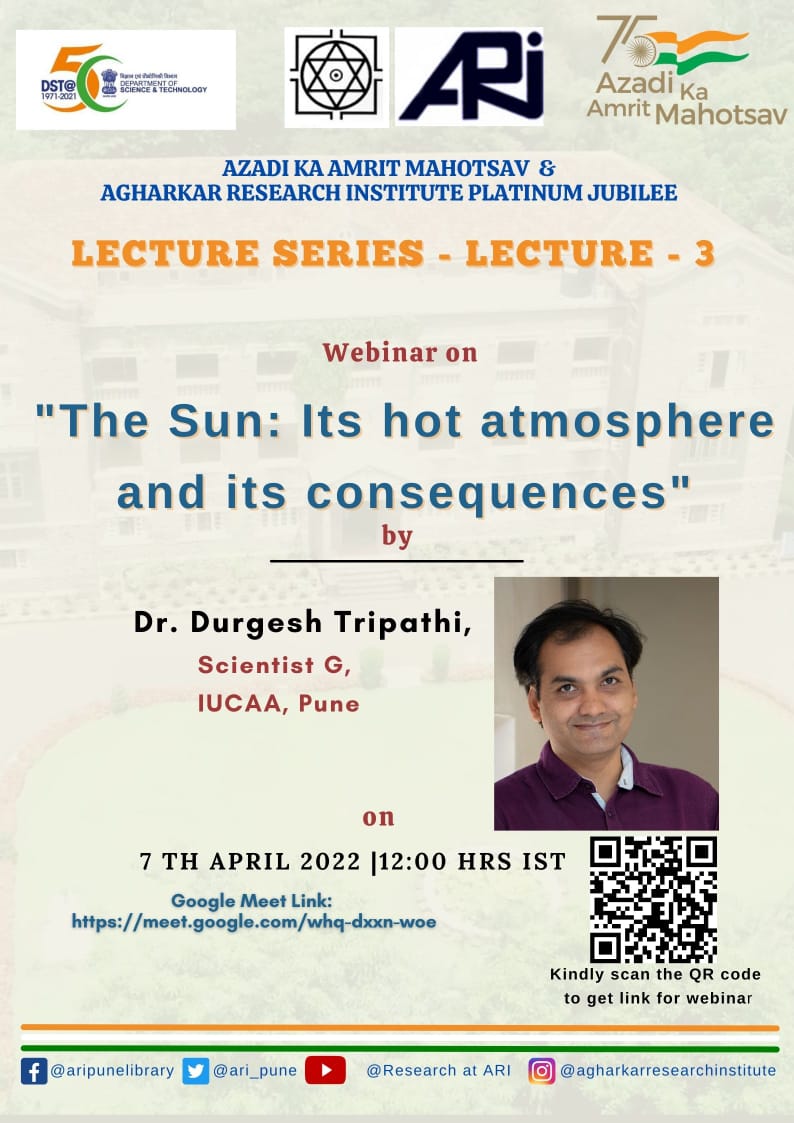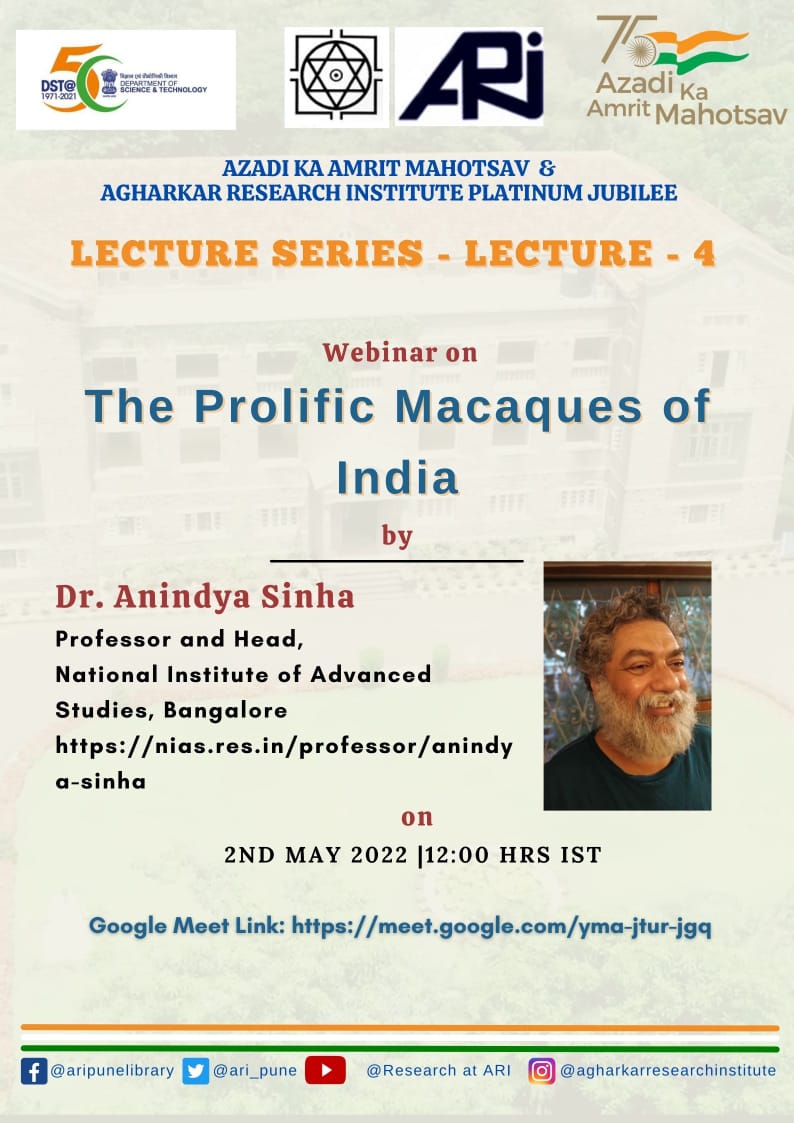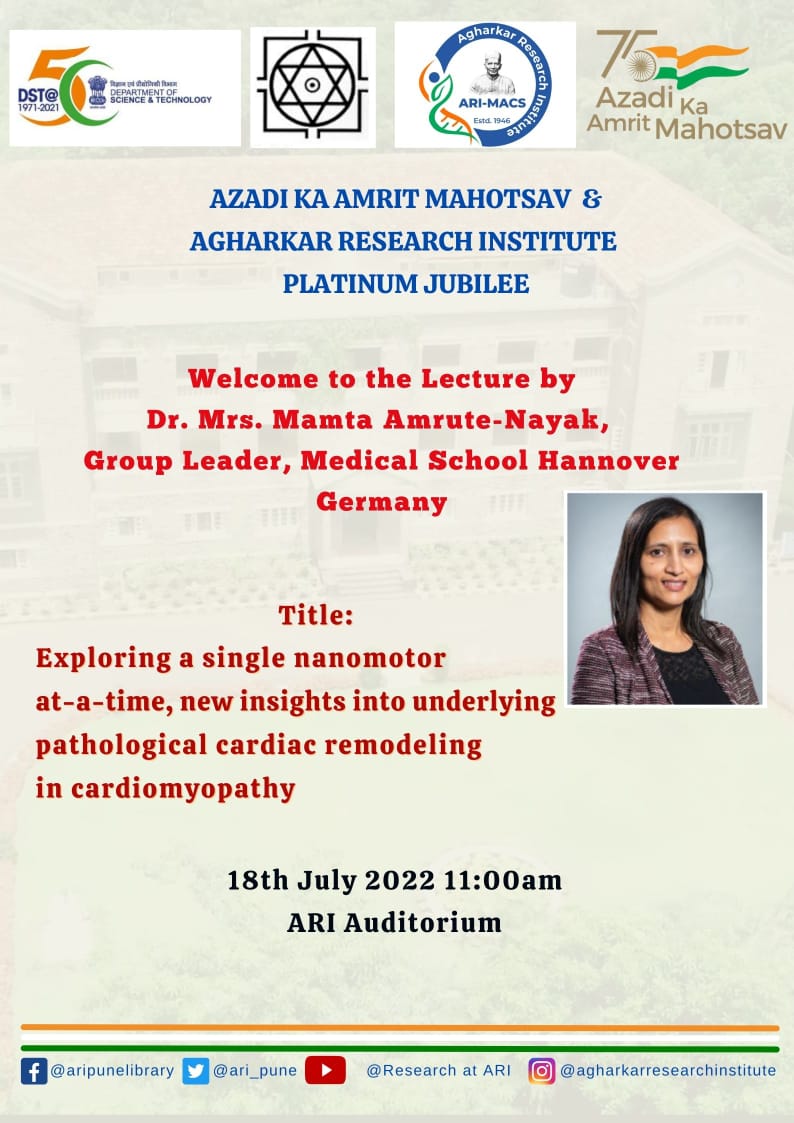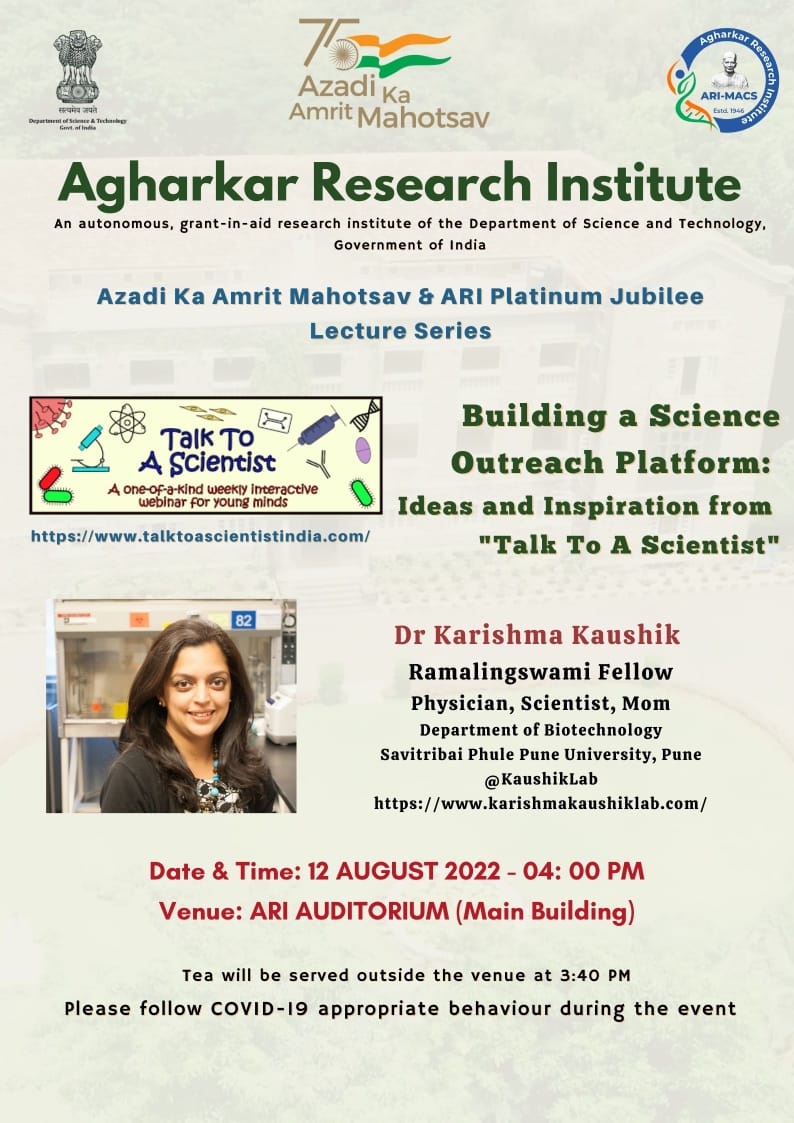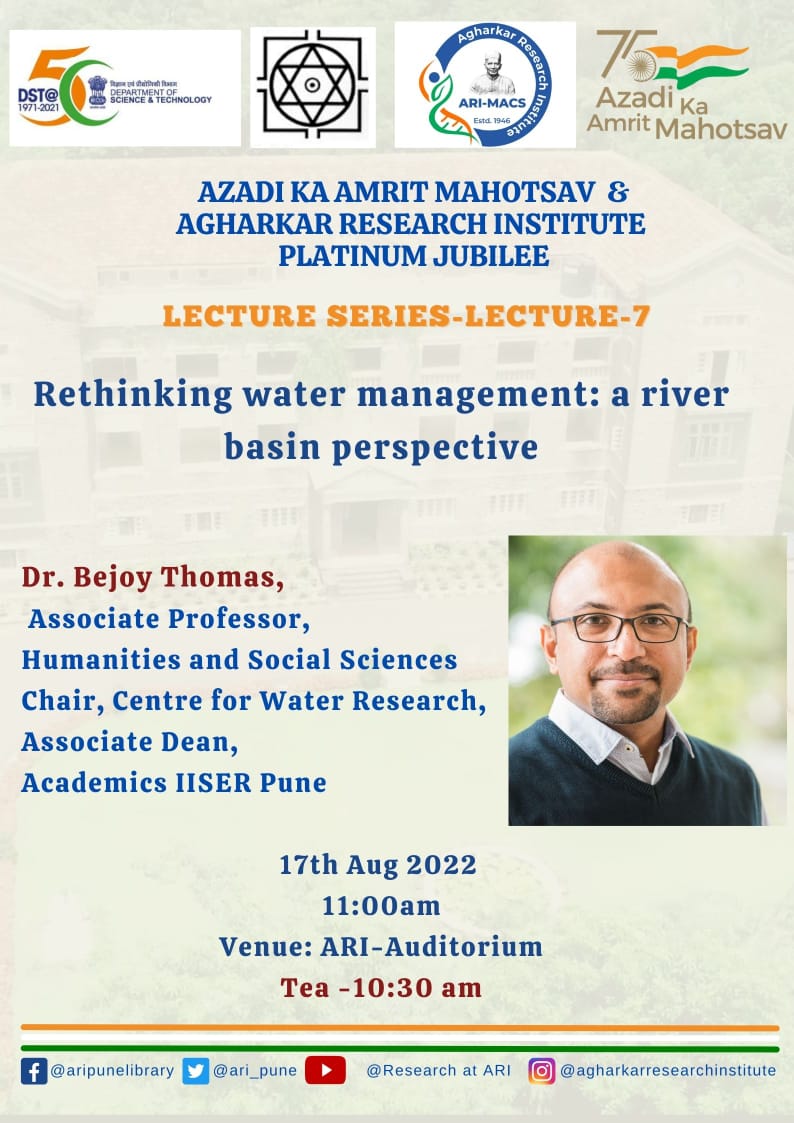National Facility for Culture Collection of Fungi (NFCCI -WDCM 932)
With adequate mycological expertise National Fungal Culture Collection of India offers various services to academia, research institution and industry in morphological & molecular identification of fungi, TVC/CFU analysis, deposition and accession of fungal culture and supply of authentic strain(s). In addition, authentication, deposit and accession of fungal specimens in Ajrekar Mycological Herbarium (AMH) are also accepted from Indian researchers. These services are very well recognized by various academic & research institutions and private industries spread in more than 28 states in India.
• Deposit and accession of fungal culture in NFCCI – Form 1 & Form 2
• Authentication of fungi (pure culture) – Form 3
• Supply of authentic fungal culture (active culture) – Form 4
• Deposit & accessioning of specimens in Ajrekar Mycological Herbarium (AMH) – Form 5
Please Click here for more information : NFCCI [http://nfcci.aripune.org/]
The NFCCI offers personnel training for building capacity in mycology, especially in the areas of biodiversity, taxonomy, conservation and bio-prospecting of fungi.


